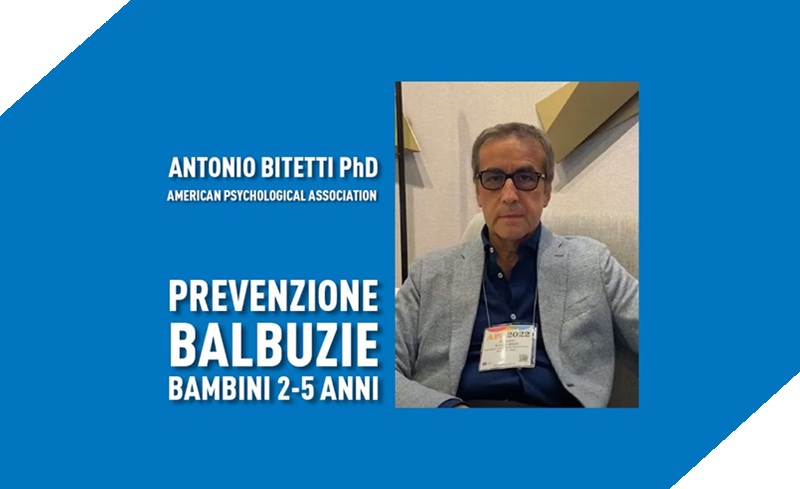Stuttering: a tumult of emotions.
One thing all living beings have in common: emotions. Whether they are aware of it or not, they experience an extraordinary emotional flow at every moment: joy, sadness, fear, anxiety, anguish, euphoria, etc. We can usually control the manifestation of emotions but we can never control their emergence within us. What we can and would be wisest to do is manage them.
Managing one’s emotions, therefore, does not mean controlling them, as the mind would like to do, but modulating them in the light of a new awareness of life and our true essence. Managing emotions is one of the most important steps in the path of personal growth.
Emotions are spontaneous, internal, fast, physical and mental functions of the mind that help us deal with situations of danger or pleasure that we experience. They are natural reactions that allow us to put ourselves on alert in situations of risk, threat, frustration, etc. Anxiety and anger, for example, are natural and positive reactions that help to alert us to situations that are considered dangerous; but it can happen that reactions are triggered by harmless stimuli causing discomfort.
In general, emotions are activated in order to choose a behavior in a short time between: Emotions are a resource. Emotions, even the somewhat problematic ones, such as anger and resentment, are not the real problem; the real problem is to manage them wisely to resolve the event that generated them.
One thing, however, distinguishes the human being from other living beings is that he, in some way, is theoretically able to manage them rationally. It is interesting to reflect on the connection between the mind and the body, their mysterious association with memories of the past that are hidden in our unconscious and that condition our free will and our daily choices.
Learning to manage emotions means accepting that they have an important function for us, as they are an indispensable manifestation of our existence. They are the expression of our deepest mind, which has the function of protecting our integrity, both physical and mental.
Our brain is equipped to manage emotions very quickly and effectively, through the limbic system, mainly composed of the amygdala and the hypothalamus. When we are prey to strong and uncontrolled emotions it is because our limbic system has taken command and the “emotional hijacking” occurs, which takes control away from the conscious mind for a while. This basically means that when the emergency occurs, the reactive circuits take over and we begin to function according to animalistic automatisms with all the limitations of the case.
However, this concept must be demystified: emotions are nothing more and nothing less than energy that passes through us. They are not who we are. When we identify with the emotions we experience, we can get lost in them. Resisting or suppressing them does not help and does not solve anything. We just need to consider that no emotion, and no feeling, is “definitive”. Many emotions arise because you worry about the future or relive the past.
Therefore, being present in the present moment can easily resolve an emotion connected to the past or the future. Managing your emotions (especially negative emotions) requires a loving attitude first of all towards yourself and towards others; it requires adopting a strategy that gives us a vision of the event, free of judgment, both towards yourself and towards others.
We must learn to get out of the logic of judgment, of the need to continually judge ourselves and others. When the aforementioned emotional hijacking occurs, it is too late to try to truly manage our emotions; the most you can do is try to manage the overflowing river of emotions as best you can; try to manage their form, their external manifestation; while our body and our mind are subjected to the action of this overflowing river.
There are emotions that push us to open behaviors, and emotions that push us to close behaviors. The former offer greater possibilities of obtaining advantages and the latter give more possibilities of obtaining disadvantages. In each of us there is the freedom to choose how to live. We always have before us this double possibility of advantage, or disadvantage, the gift of the ability to decide.
Thinking in positive terms of oneself and one’s basic qualities increases first at a cognitive level, and then at an emotional level, the vital energy, with a consequent feeling of well-being. Language, like every other human element, uses this energy flow, as lifeblood, creating the conditions for a type of strong and incisive communication. So why be afraid to speak, why control the mouth and consequently the word, already knowing the learned mechanisms of language?
The control of the mouth and of all the phonatory activity in subjects affected by stuttering, hides a tendency to hold back emotions full of anger and aggression. As if the stutterer lived everything in a dimension of strong rigidity, with the propensity to close the energy tap, in the irrational fear of who knows what effects.
In the scientific literature regarding research on stuttering, there are no specific studies that relate the mechanism of control of emotions and the symptomatology of stuttering. It was Dr. Antonio Bitetti who spoke about it first, in his editorial work (Analysis and perspectives of stuttering, Positive Press, Verona, 2001) and continued his studies, also through his interpretative model and treatment of stuttering called: “La Balbuzie Approccio Integrato, IEB Editore, Milan, 2010”.
He states that the stutterer stutters because he adopts a psychological strategy that is antithetical to the normal functioning of phonation. In fact, any strategy that diverts attention from control over speech allows the stutterer to express himself normally (Bitetti A., pag. 119, 2016). Control in stuttering is a bad habit learned in the early years, in the period of so-called primary stuttering and kept active until the chronic phase, which then becomes secondary stuttering, or true stuttering (Bitetti A., Emozioni, Comportamento e Controllo, Milan, 2016).



